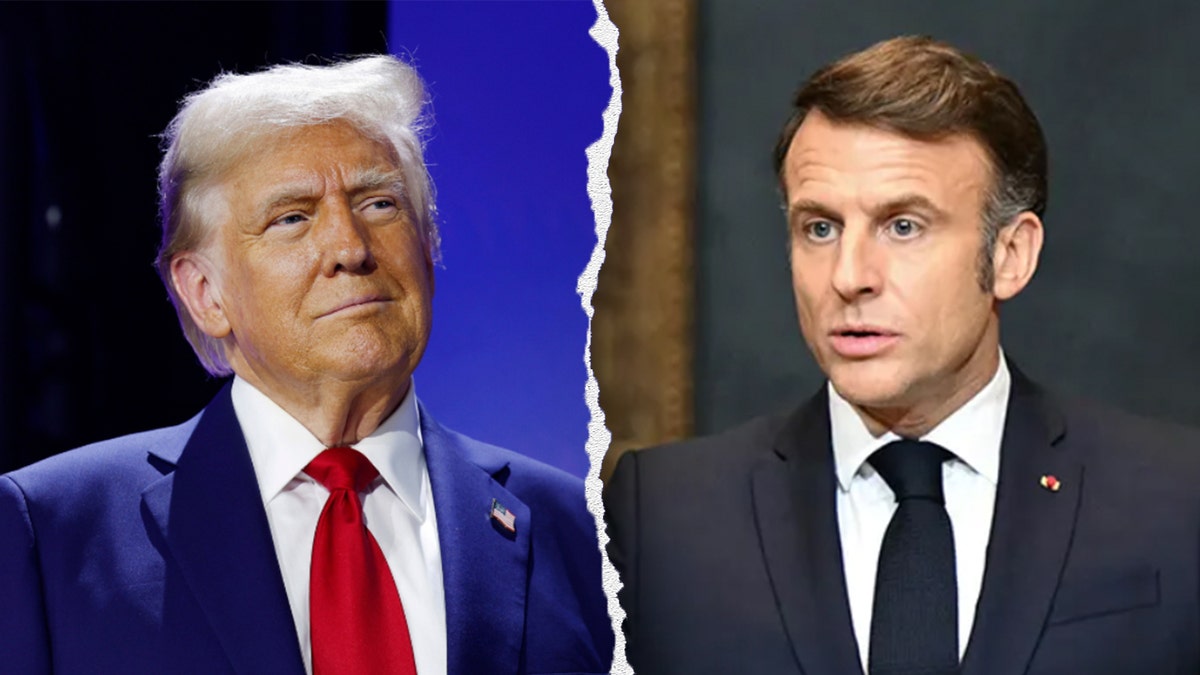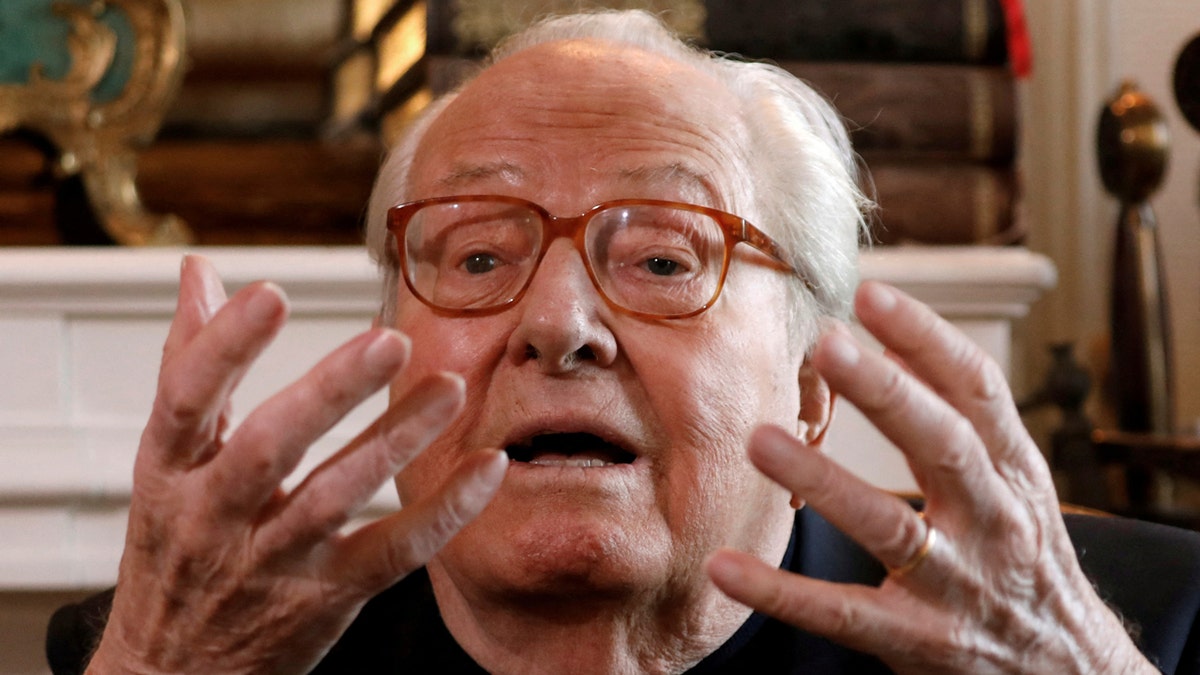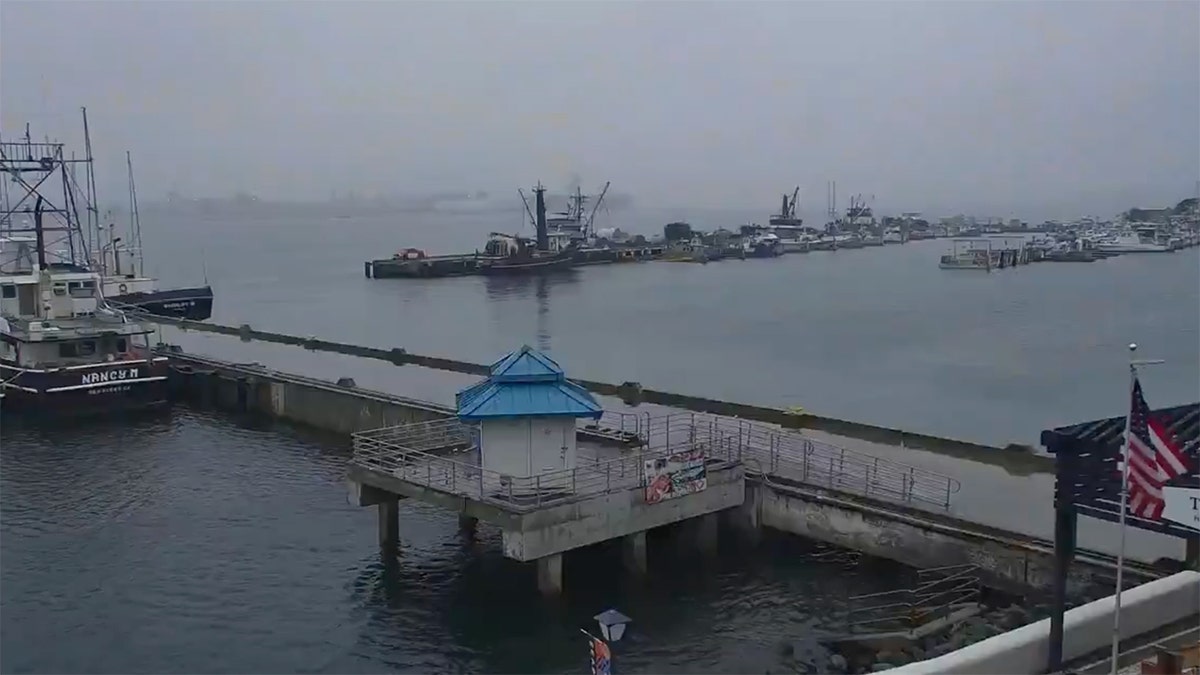Prime Minister Benjamin Netanyahu's arrival in Washington, D.C., has generated significant anticipation. This visit marks the first time a foreign leader has been welcomed to the White House since President Trump's return, signaling a potential revitalization of Middle East diplomacy and a reinforced US-Israel partnership.
High on the agenda for Tuesday's meeting between the two leaders are discussions concerning the hostage release framework's next steps, the ongoing Iranian threat, and the potential for normalization between Saudi Arabia and Israel.
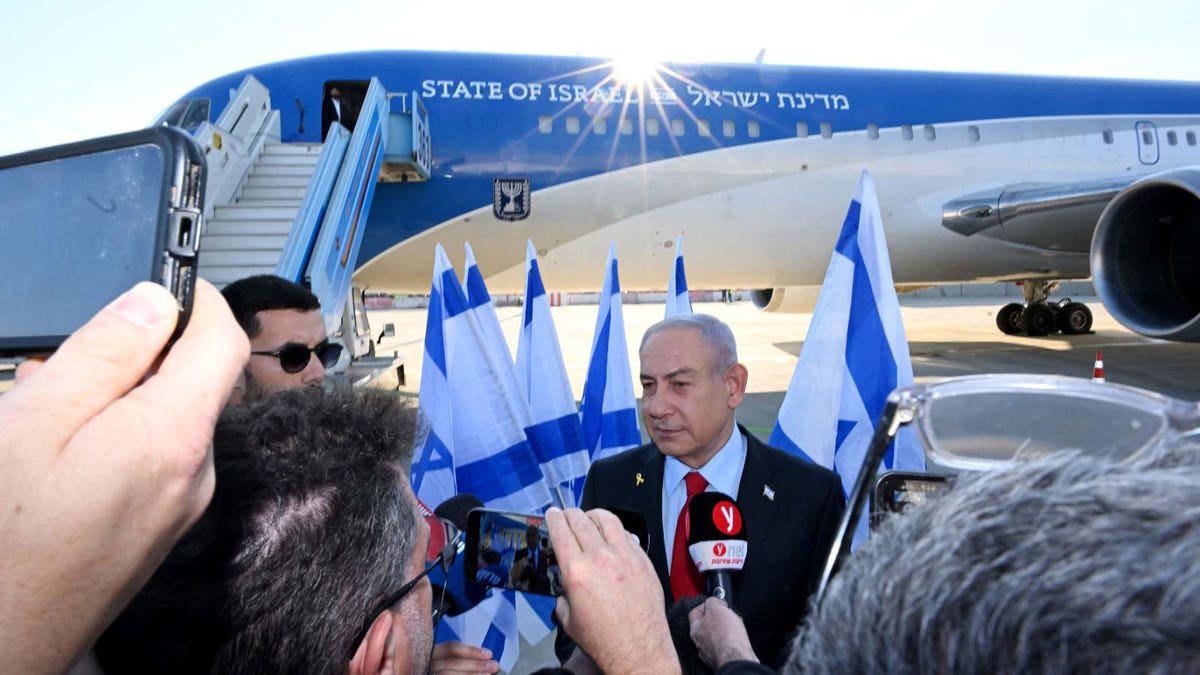
President Trump's initial term offered a preview of a transformed Middle East. The Abraham Accords, signed in 2020, forged stronger ties between Israel and the UAE, Bahrain, and Morocco. Simultaneously, President Trump's "maximum pressure" campaign against Iran aimed to curb the regime's nuclear ambitions through sanctions. These actions hinted at a more prosperous future for the region.
However, the tragic events of October 7th, with the devastating attacks claimed by Hamas, disrupted the trajectory towards peace. The resulting conflict understandably shifted priorities.
While the return of hostages is a positive development, significant challenges remain. The conflict has significantly impacted Hamas and Hezbollah, and reshaped the political landscape in Syria and Iran. This week's meeting between Netanyahu and Trump carries immense weight, with the focus likely on neutralizing Iran and its affiliated groups.
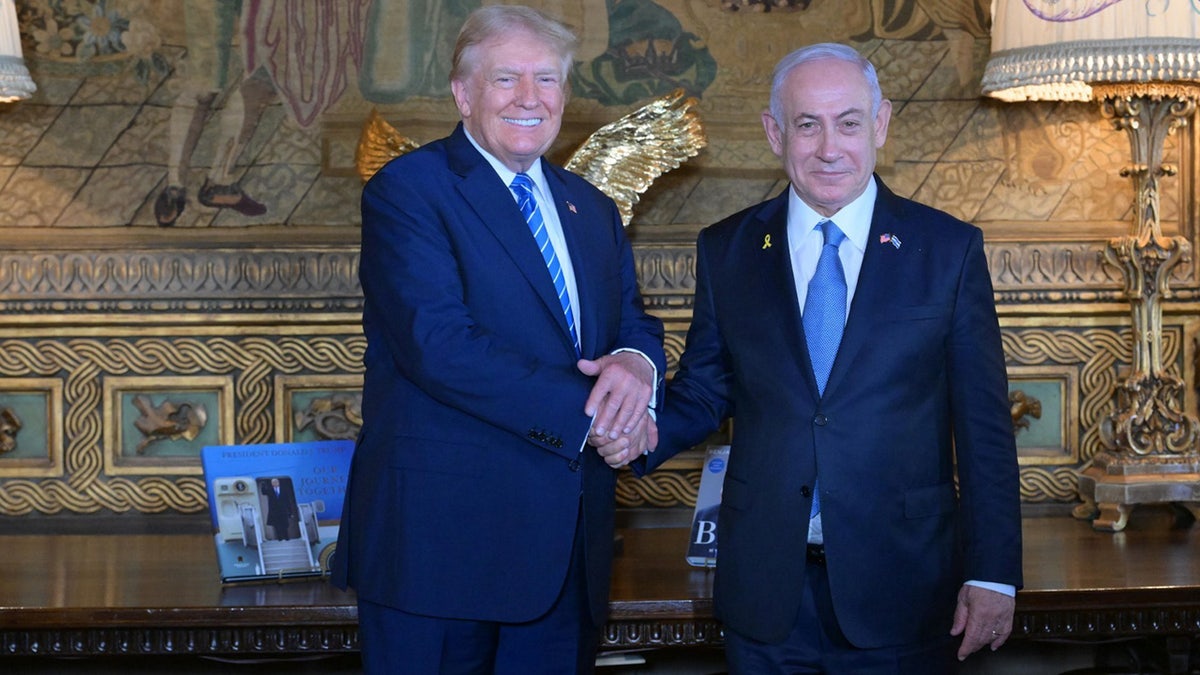
Addressing the Iranian nuclear threat remains a key concern, and the potential for a Saudi-Israeli normalization agreement offers a glimmer of hope. Saudi Arabia's modernization efforts and rejection of extremism position it as a potential partner for peace. Formalizing relations with Israel transcends mere trade; it represents a strategic realignment with the potential to bring stability to the region. Israel, committed to its security, remains open to dialogue and cooperation with nations seeking peaceful solutions.

